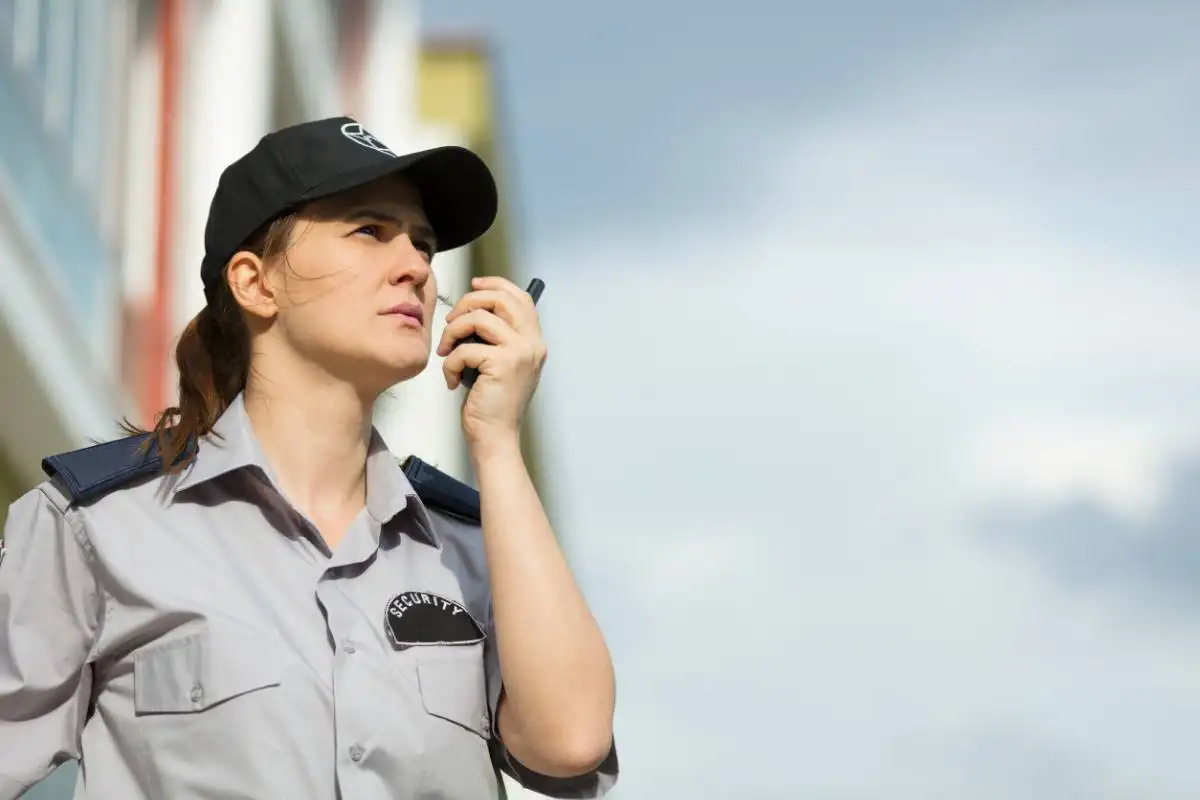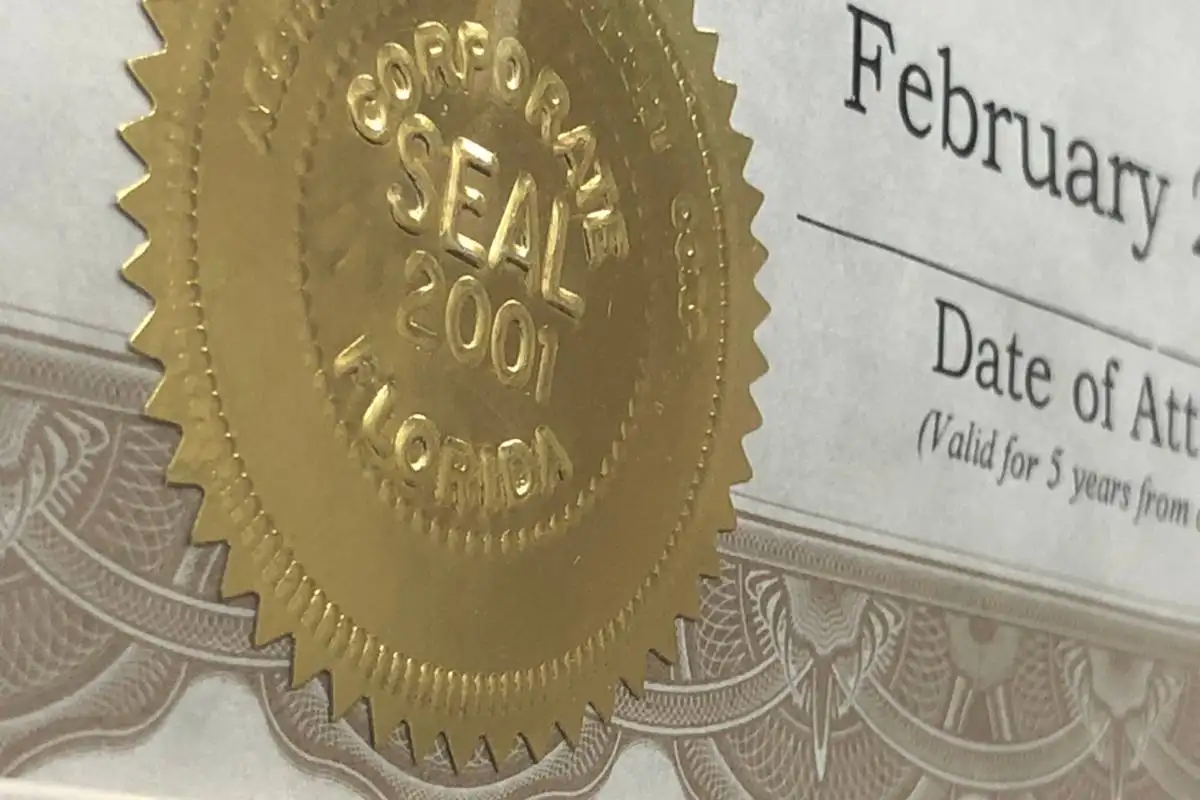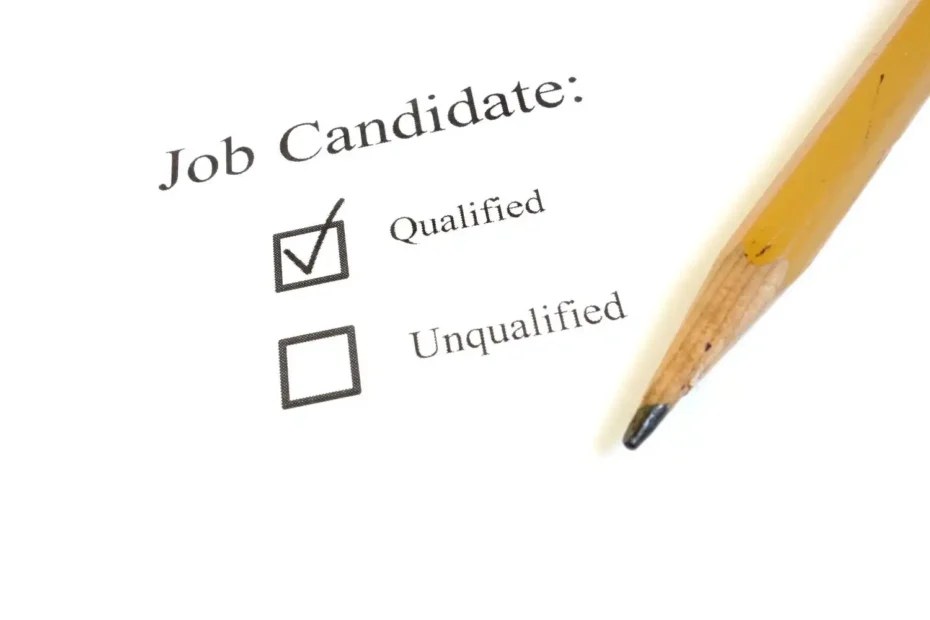Being a security guard may seem like a job that requires superhuman abilities, but in reality, it is a profession that anyone can pursue. Here are the basic requirements for becoming a security guard:
Age Matters
To become a security guard, one must cross the threshold of adulthood. In most states, the minimum age requirement for security guards is 18 years old. However, some states may require a higher age limit. So, before donning the uniform, make sure to check the age requirement in your state.
Legality Check
Before becoming a security guard, one must have the legal right to work in the United States. This means that the candidate must be a U.S. citizen or a legal resident. Additionally, candidates must pass a criminal background check and drug screening test.
Other basic requirements for becoming a security guard include a high school diploma or GED equivalent. Some employers may require additional certifications or training, such as first aid or CPR certification.
Education

High School Diploma or Equivalent
To become a security guard, one must have a high school diploma or equivalent. This means that even if you were a straight-D student, you could still get a job as a security guard. It’s a good thing too, because let’s be honest, not everyone was a straight-A student.
But don’t get too excited just yet. Having a high school diploma or equivalent is just the beginning. There’s a lot more to being a security guard than just knowing your ABCs. You need to be able to handle yourself in tough situations, and that takes more than just book smarts.
So, if you’re thinking about becoming a security guard, don’t let your grades hold you back. As long as you have a high school diploma or equivalent, you’re off to a good start. But remember, there’s a lot more to it than just that.
Physical Prowess

To become a security guard, one does not need to have the physical prowess of a superhero. However, being in good physical shape is necessary to perform the job effectively. Security guards are required to patrol large areas, stand for extended periods, and respond quickly to emergencies. Therefore, they need to be in good shape to handle the physical demands of the job.
While a security guard does not need to be able to leap tall buildings in a single bound, they do need to be able to move quickly and efficiently. This requires a certain level of physical fitness. They need to be able to run, climb stairs, and lift heavy objects if necessary. So, if you are someone who gets winded after climbing a few flights of stairs, you may want to hit the gym before pursuing a career in security.
Being physically fit also helps a security guard project confidence and authority. A security guard who is out of shape may not be taken seriously by the public or potential intruders. On the other hand, a security guard who is in good shape and looks physically capable can deter potential troublemakers and make the public feel safer.
Training Montage

Becoming a security guard is no easy feat. It requires a certain level of physical fitness, mental acuity, and a willingness to put oneself in harm’s way to protect others. That’s why training is such an important part of the process. And what better way to train than with a good old-fashioned training montage?
Security Guard Programs
Before strapping on the boots and hitting the pavement, aspiring security guards must complete a training program. These programs cover everything from the basics of security procedures to the legal aspects of the job. They also teach trainees how to handle difficult situations, such as dealing with unruly patrons or responding to emergencies.
First Aid & CPR
No security guard is complete without a basic knowledge of first aid and CPR. After all, accidents can happen at any time, and a quick response can mean the difference between life and death. Trainees learn how to identify and respond to common injuries and medical emergencies, such as heart attacks and strokes. They also learn how to administer CPR and use an AED (automated external defibrillator).
Firearms Training
For some security guards, firearms training is a necessary part of the job. But with great power comes great responsibility, and trainees must learn how to handle firearms safely and responsibly. They learn how to properly load and unload a firearm, how to aim and shoot accurately, and how to respond to threats in a high-pressure situation.
So, cue the Rocky music and get ready to train like a champion. With the right training and a little bit of determination, anyone can become a security guard and help keep their community safe.
Background Check

When it comes to becoming a security guard, there are certain qualifications you must meet. One of them is passing a background check. Now, this may seem like a daunting task, but fear not! The key is to hide your skeletons.
Criminal History
First and foremost, you need to make sure you have a clean criminal history. This means no misdemeanors, no felonies, and no grand theft auto. If you do have a criminal record, don’t worry, all is not lost. You can still become a security guard, but you may have to jump through a few extra hoops. For example, you may need to show proof of rehabilitation or provide character references.
But if you’re like most people and don’t have a criminal record, then you’re already one step ahead. However, that doesn’t mean you can let your guard down. Your background check will still include things like your credit history, employment history, and education history. So, make sure you haven’t lied on your resume or job application. Otherwise, you’ll be caught faster than a thief in a jewelry store.
Certifications & Licenses

So, you want to be a security guard? Well, you better start collecting those certifications and licenses like they’re Pokemon cards! Just kidding, but seriously, there are a lot of them out there.
First up, let’s talk about the most common certification: the Security Guard Card. This is required in many states and involves completing a training course and passing an exam. It’s basically like getting your learner’s permit before you can drive.
Next, there’s the Firearms Permit. If you want to carry a gun on the job, you’ll need this bad boy. But be warned, with great power comes great responsibility (and a lot of paperwork).
If you’re looking to work in a specific field, such as healthcare or education, you may need a specialized certification. For example, the International Association for Healthcare Security and Safety offers a Certified Healthcare Protection Administrator (CHPA) certification.
And let’s not forget about licenses. Depending on where you work, you may need a state-specific license in addition to your Security Guard Card. For example, in California, you need a Proprietary Private Security Officer (PSO) license if you work for a private company.
But wait, there’s more! Some states require additional certifications for specific job duties, such as crowd control or working with dogs. And if you want to work in a different state, you may need to get additional certifications or licenses.
- 09 Steps Guide to Writing Security Incident Reports - October 24, 2024
- What A Security Guard Might Check From You - October 24, 2024
- What Can Security Guards Legally Do And Can’t Do - October 24, 2024
